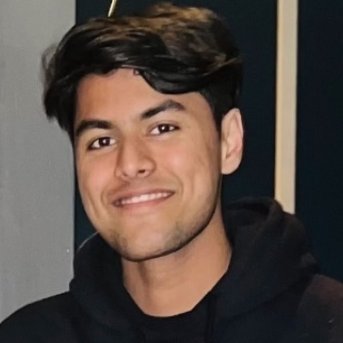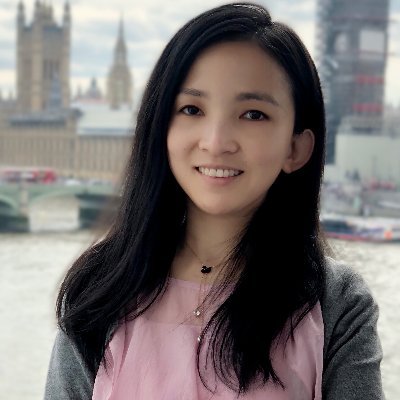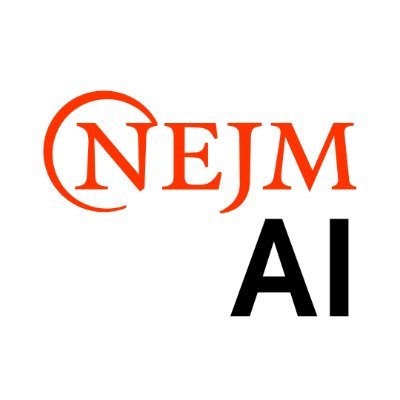
Divyanshu Tak
@tak_divyanshu
Followers
21
Following
404
Media
0
Statuses
19
CV, AI in Radiology at Harvard-MGB | MSc in CV, AI at The Ohio State University
Boston, MA
Joined February 2022
Not super surprising for AI models, especially for BrainMRI since the modality itself is super heterogeneous. However for practitioners, it’s interesting…
Image acquisition parameters significantly influenced the interpretive performance of both AI models and radiologists https://t.co/0P8elUJrFm
@cnuh5102 #AI #ML #MachineLearning
0
0
0
seems like it as of now
0
0
0
🚀 Worried about faculty openings? Ohio State @OhioState is to hire 100 new faculty with AI expertise over the next five years! 🤖🎓 The new hires will join one of three AI Faculty Cohorts: 🧠 Foundational AI — Elevating the theoretical, mathematical, and algorithmic
8
42
213
We are currently designing a refreshed syllabus for the upcoming 2026 version of our @Stanford CS342 Building for Digital Health course which incorporates "structured" vibe coding! @DrAalami @StanfordBDHG
vibe coding should be taught in every school and university around the world, first day on campus, welcome to the future
1
3
9
Cool to see the figure from my paper earlier is still up on the cover! Thanks @Radiology_AI @BenjaminKannMD
What's new in medical imaging #AI? Explore the latest issue of Radiology: Artificial Intelligence ➡️ https://t.co/43or95fHgg
@EscrOffice #ESCR2025 #CVRad #radiology #ML #DeepLearning
1
0
2
Are you driven to use AI to transform patient outcomes in oncology? My lab in the AI in Medicine Program (Mass General Brigham, Harvard Medical School) is seeking Postdoc Fellows to pioneer applications of AI—especially LLMs—in cancer care. More here:
linkedin.com
🚀 Join Us at the Forefront of AI & Cancer Care Are you driven to use cutting-edge AI to transform patient outcomes in oncology? My lab within the AI in Medicine Program (Mass General Brigham,...
0
6
29
A new study introduces a self-supervised deep learning method, temporal learning, for longitudinal medical imaging, showing improved recurrence prediction in pediatric gliomas with more historical scans. Full study results: https://t.co/qdZgf45srb
2
16
44
No surprise: Getting the historical brain scans improves prediction tham just the latest scan to predict recurrent in brain cancer. Time for us to upgrade our clinical interpretative pipelines to help our doctors and patients @nejm_ai
https://t.co/kvDjeOZ0xd
1
4
15
How can we better predict if a child’s brain tumor will return—before symptoms start? In our new study @NEJM_AI, we used deep learning to analyze longitudinal brain MRIs—learning how scans change over time—to predict tumor recurrence in children. Let’s dive in. 🧠📊 👇 🧵1/
1
8
26










